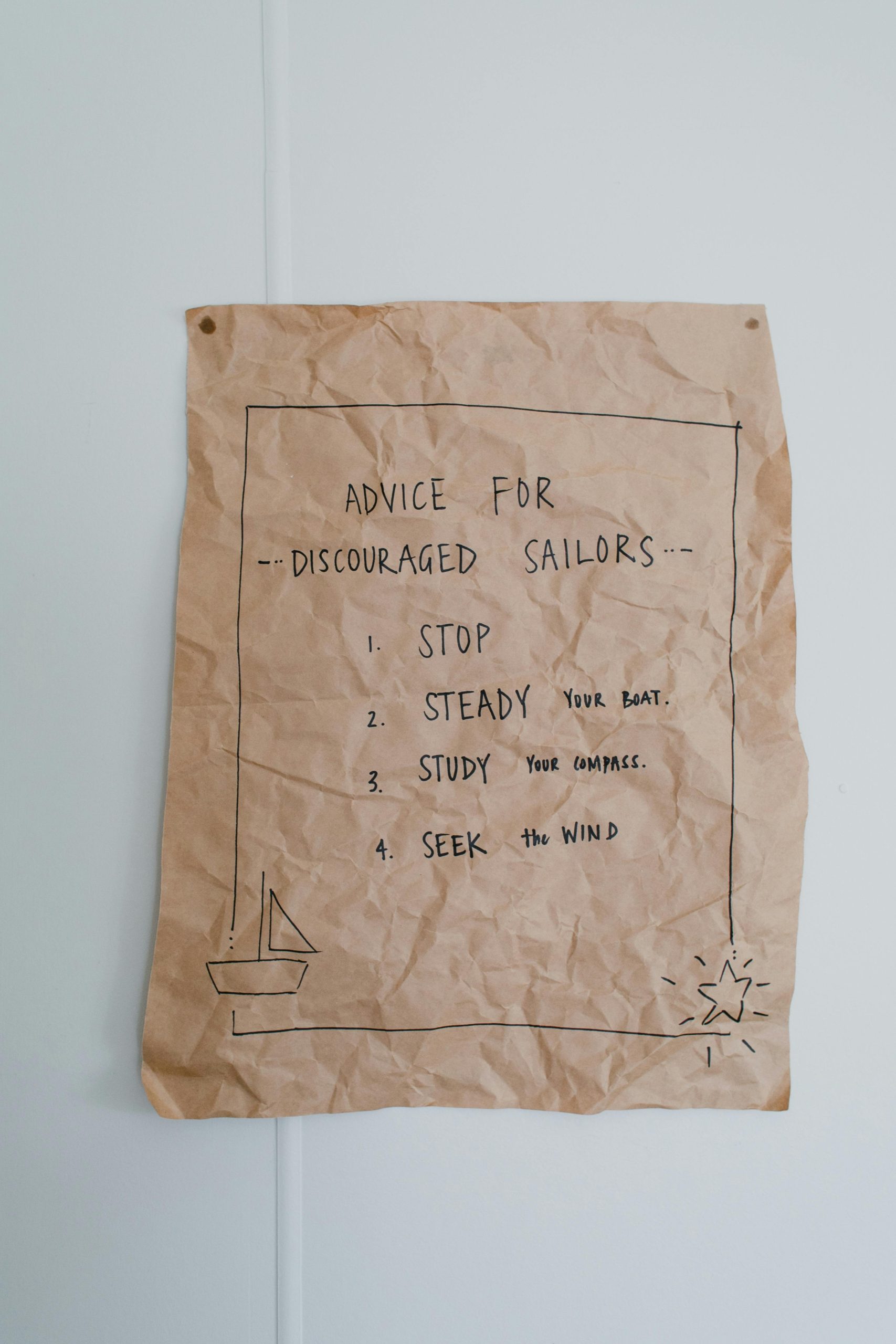Navigating Insurance Claims: When Your Child’s Car Crashes Into Your House
Life can sometimes throw us unexpected curveballs, and today was one of those days. My son, who is fully covered under our auto insurance, had a bit of a mishap with his car—essentially driving it right into the front wall of our garage. This incident not only damaged the garage but unfortunately also extended its impact to the master bathroom wall. To add to the chaos, my prized toolbox bore the brunt of the accident as well.
With my son being the owner of the vehicle, and both our home and the car being insured under the same company, I’m now in the process of figuring out the best way to handle this dilemma. Here’s what I’m grappling with:
My homeowners insurance policy does include a deductible, which I’m quite keen to avoid if at all possible. So, the pressing question is: Since the damage was caused by my son—the car’s owner and driver—can the repairs be covered under the auto insurance policy instead?
A Few Points to Consider:
-
Auto Insurance Coverage: Typically, an auto policy that provides liability coverage may not extend to property you own. However, since it was an accident, it’s worthwhile checking what options might be available under the policy for such scenarios.
-
Homeowners Insurance: This policy typically covers the dwelling but will come with a deductible. Weighing the cost of the deductible against the repair costs could influence whether or not it’s practical to use this coverage.
-
Damaged Belongings: The toolbox’s damage may be covered under personal property coverage within your homeowners insurance. Be sure to review the specific terms of your policy.
Important Note: I want to emphasize that my intent is not to hold my son personally responsible in a punitive way. He’s a good kid, and accidents are part of life. This is simply a matter of exploring the most practical and financially sensible way to navigate the insurance claims process.
Any thoughts or advice from those who may have faced similar situations would be greatly appreciated.




I’m sorry to hear about the accident, but it’s great that you’re approaching the situation with patience and understanding. Navigating insurance policies can indeed be tricky, especially in cases where auto and homeowners insurance might overlap. Let’s break down the options you have and outline a practical approach to resolving this.
Understanding Coverage: Since your son is the sole owner of his vehicle and it’s covered under your auto insurance, the property damage to your home caused by his vehicle could potentially be covered by the auto insurance policy. Specifically, the liability portion of your son’s auto insurance could come into play here as it typically covers damage that the insured driver causes to another person’s property.
Homeowners Insurance: This policy generally covers damage to the structure of your home, but as you’ve noted, the deductible can often be significant. If you choose this route, you might end up paying out-of-pocket expenses depending on the cost of repairs relative to your deductible.
The Car Insurance Path: Given the circumstances, filing a claim under your son’s auto insurance would be a pragmatic first step. Since it involves property damage caused by an insured vehicle, the auto policy might cover the repair costs for the damage to your house. This could potentially be more favorable if the auto policy’s deductible is lower or if it doesn’t affect your homeowners insurance premium or claims history.
Document Everything: Before contacting the insurance company, ensure you thoroughly document the damage with photographs and gather repair estimates for both the structural damage and the smashed toolbox. This documentation will be essential when filing any claim and when dealing with any adjusters.
Consideration of No-Claim Benefits: Be mindful of the potential impact on insurance premiums. If you have a no-claim bonus on either policy, consider whether claiming might result in its loss, which could increase future premiums.
Consultation with Insurance Agent: It’s advisable to reach out to your insurance company or agent to clarify the specifics of both policies. They can provide insight tailored to the terms and conditions particular to your coverage, and guide you through the process while ensuring you understand any implications.
Explore Compensation for the Toolbox: Since you mentioned a fairly expensive toolbox was also damaged, check both insurance policies to determine which could potentially cover personal property damage in this scenario.
Preventive Measures: After handling the immediate aftermath, it might be worthwhile to discuss preventive measures to avoid future incidents. This might include